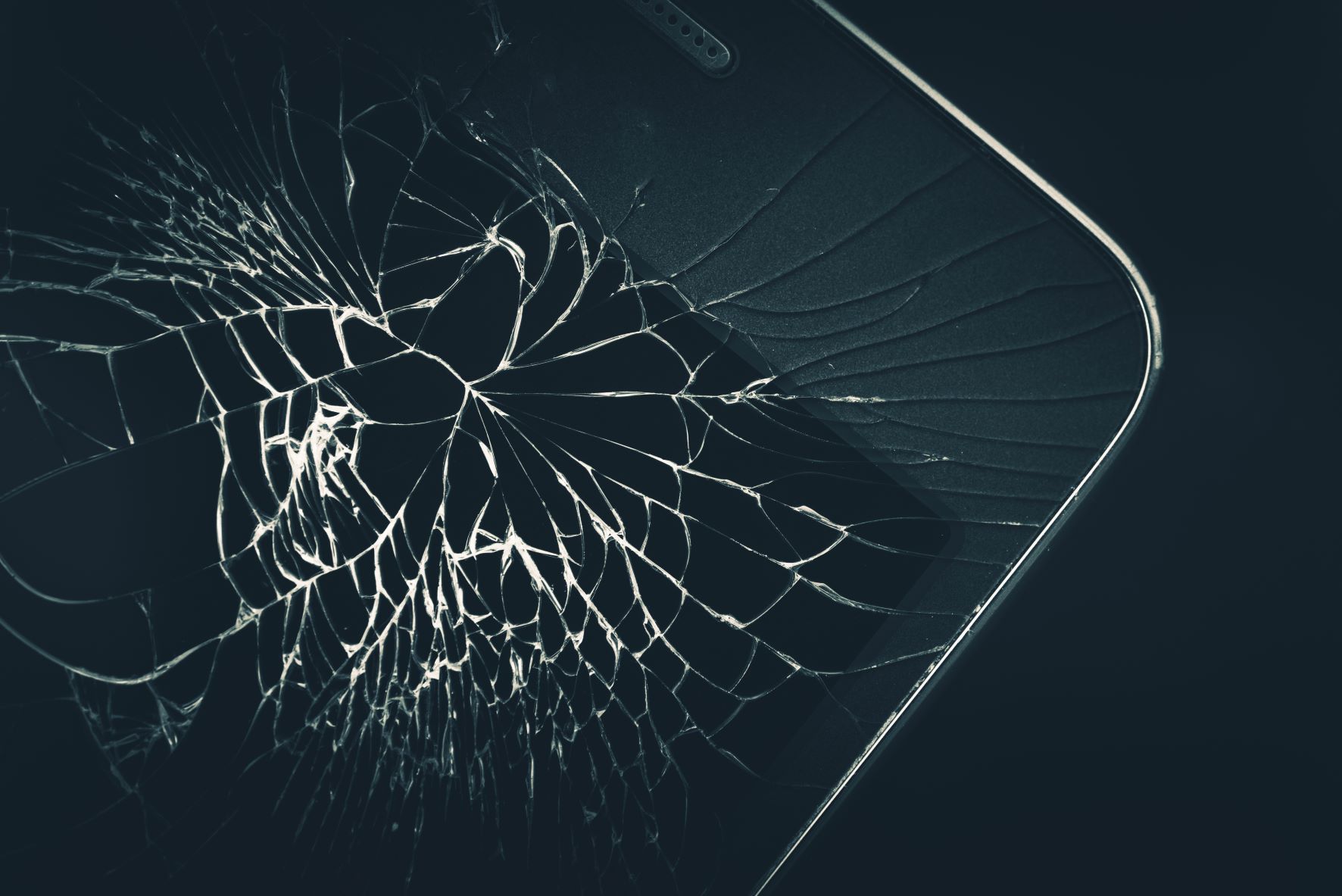For antics to transgress into the area of destruction, all it takes is one property owner contacting the police. It’s possible that you or someone you know is entirely innocent or that they are just under the influence of another. Dealing with the police department most likely teaches the lesson. But now, the Maryland courts are involved, and they might impose heavy penalties. So, what do you do?
Malicious destruction of property is a crime in Maryland. It can be frightening to face criminal charges, whether a repeat offender or a first-time offender. That is why it is critical to understand Maryland’s malicious destruction of property laws.
What Constitutes Malicious Property Destructive Acts in Maryland?
The following are just a few of the items that fall under the category of personal or real property:
- Residences
- Vehicles
- Pets
- Electronic gadgets
- Apparel
- Items of sentimental value
- Furniture
Slashing someone’s tires, shattering windows, destroying someone’s phone, and graffiti are also considered under the umbrella of malicious destruction of property.
Is Vandalism a Form of Malicious Destruction of Property?
Vandalism is defined as the intentional damage of public or private property against the wishes of the property owners. If it wasn’t given permission, even the most breathtaking artwork painted on the side of a building is deemed an offense.
Specific equipment is often used in vandalism, such as a glass cutter or a can of spray paint. Individuals under 18 cannot carry spray paint in specific places in several states, such as school grounds. Possession is even entirely forbidden for minors in some areas. These violations may potentially expose parents to a civil obligation for their underage child’s behavior.
Hence, vandalism is punishable as a misdemeanor in Maryland and is regarded as “malicious destruction of property.” Maryland’s charge and offense are dependent on the value of the property intentionally damaged by the offender, similar to other theft statutes.
A Quick Overview of Maryland’s Malicious Destruction Laws
Let’s dig in a bit and take a brief look at the factors that pertain to Maryland malicious destruction laws.
Definition and Components
In Maryland, a charge of malicious destruction of the property indicates that the accused deliberately destroyed, harmed, defiled, or depreciated another person’s property. The intent will be a crucial component in your defense. It is insufficient to demonstrate that you damaged the property. The State must show that you did it on purpose and with malice.
Intentionally causing damage to another person’s property is a serious crime. Even if there is no genuine evidence of the value of the harm, a person might be punished for the offense.
Malicious property destruction is punishable under Maryland Code, Criminal Law, Section 6-301. The State must prove the following to convict a defendant of Malicious Destruction of Property:
- The offender damaged, destroyed, or defaced someone else’s property;
- The offender acted with the intent to damage, destroy, or impair that property;
- The offender acted without legal justification.
The monetary value of the damages isn’t a significant factor in the crime. To put it another way, the state needs to demonstrate that harm occurred, not how much damage occurred. The state must prove that the offender acted intending to cause property damage. Unintentional property damage will not support a conviction.
Malicious destruction of property is not classed as an “infamous crime” in Maryland. Even though it requires the offender to act deliberately and maliciously while damaging, hurting, or defacing the property in concern, it is not an infamous crime. It is also not a crime that identifies the offender as untrustworthy, nor a crime involving moral turpitude.
Classifications and Sentences
For penalties, malicious destruction of property is assessed. The property’s worth determines the maximum punishment. A $500 fine and 60 days in jail are imposed on property worth less than $1,000 (Section 6-301 of the Criminal Code (c)). A $2,500 fine and three years in jail are imposed on property worth at least $1,000 (Section 6-301 of the Criminal Code (b)).
For a conviction and the reduced punishment, no particular value must be charged or confirmed. Regardless of proof of property worth at least $1,000, the more severe penalty is unconstitutional unless the factfinder determines such value beyond a reasonable doubt.
Additional Regulations
Willfully throwing, shooting, or propelling a rock, brick, piece of iron, steel, or other similar metal, or a hazardous missile at or into a vehicle or other means of transportation occupied by an individual is a misdemeanor punishable by up to one year in prison or a fine of up to $500.
A person may not deliberately tamper or interfere with an electric company’s material, equipment, or facilities, connect to an electrical conductor to use power, or tamper with a meter used to record energy utilized. These are considered a misdemeanor with a sentence of up to 6 months in prison or a fine of $500.
Damaging, connecting, disconnecting, tapping, interfering or tampering with a gas company’s material, equipment, or facilities is deemed a misdemeanor. The state will possibly impose a sentence of up to 6 months in jail or a fine of $250.
A person may not connect, disconnect, tap, interfere or tamper with, or create a connection with a utility company’s water equipment improperly or maliciously. These are deemed a misdemeanor; up to 6 months in prison or a fine of up to $500. Tampering with a water meter is likewise prohibited.
Restitution
A person found guilty of malicious destruction by graffiti must pay restitution, conduct community service, or both.
As specified in Title 11, Subsection 6, other acts of intentional destruction may also demand restitution. See Criminal Procedure 11-603 for further information.
Pleadings
If property damage is caused by accident, the appellant could not be convicted under Malicious Destruction of Property. Or if the appellant was intoxicated to the point of being unable to behave intentionally or maliciously. Malicious Destruction of Property under Maryland Code, Criminal Law, Section 6-301, could not be used to convict the offender in these cases.
Choose Widder Law for Your Legal Defense
The best defense is a good offense. Therefore, as soon as there is an accusation of a severe criminal charge, it is crucial that you have an experienced criminal defense lawyer on your side. Select someone who is knowledgeable in your specific charge and defense.
Jeremy Widder Law is a Maryland-based legal firm specializing in protective orders and minor offenses, substance-related offenses, property crimes and non-violent felonies, as well as major offenses and violent felonies.
Getting charged with a crime can be scary. You want someone who will listen and be your advocate. We are committed to walking with you from start to finish and giving your unique case the attention it deserves. Contact Jeremy Widder Law today.






